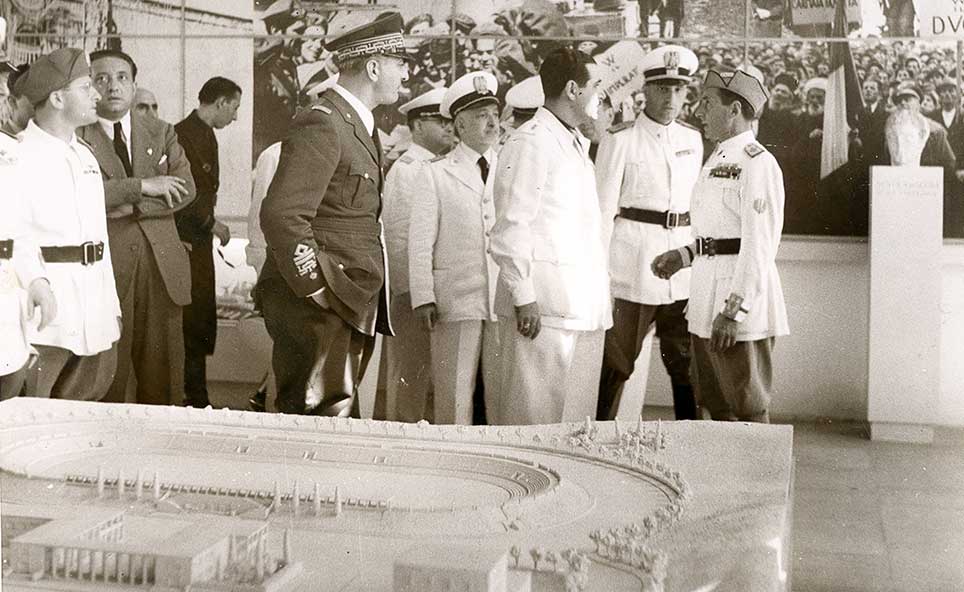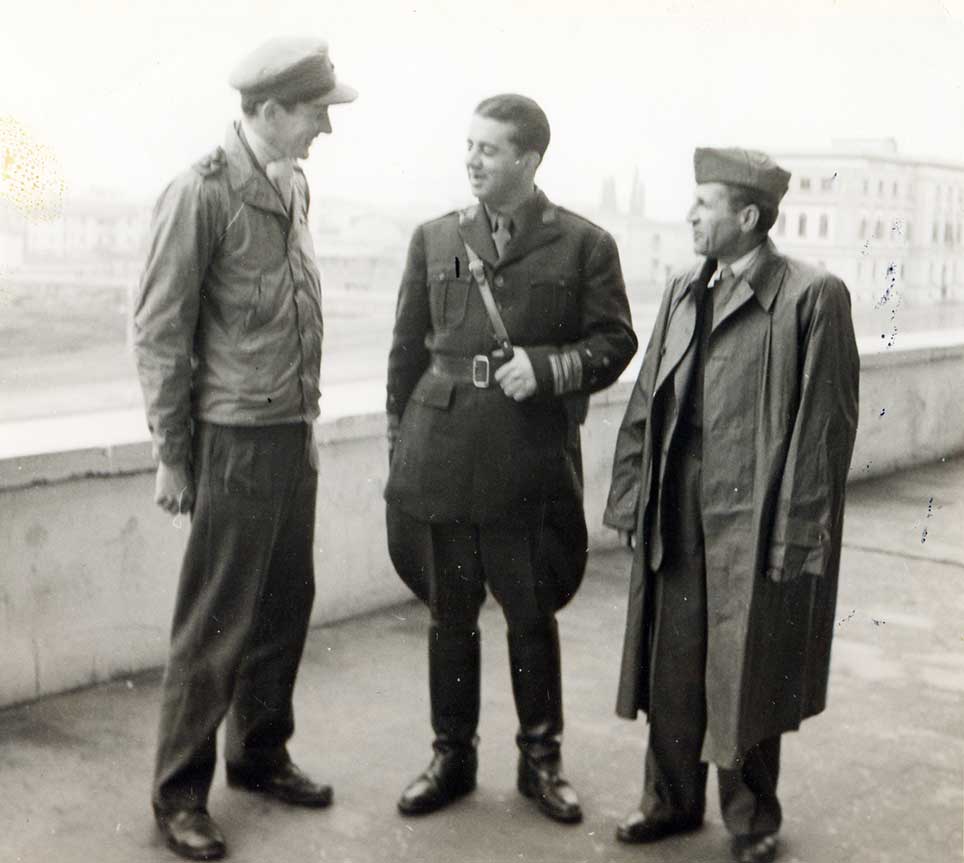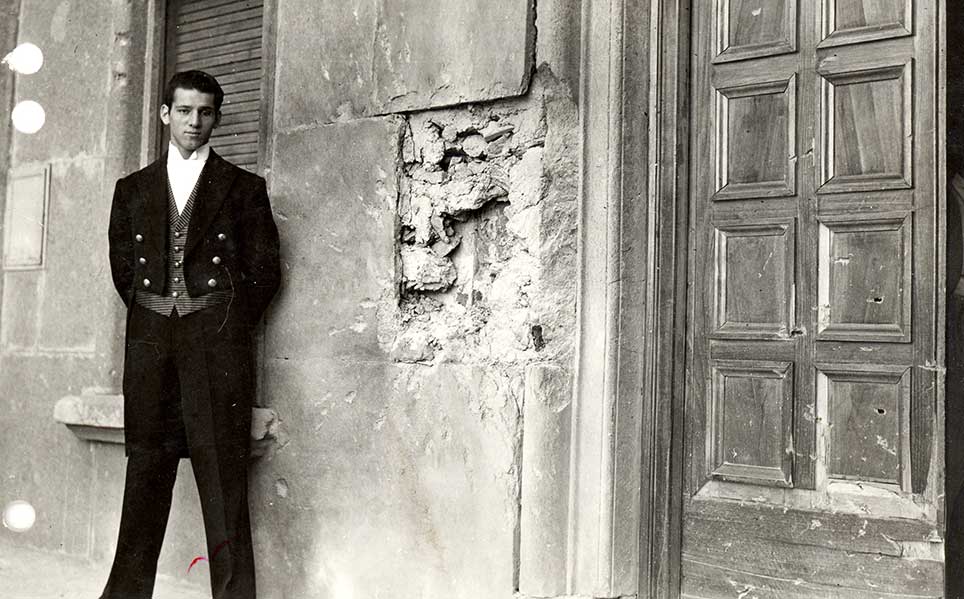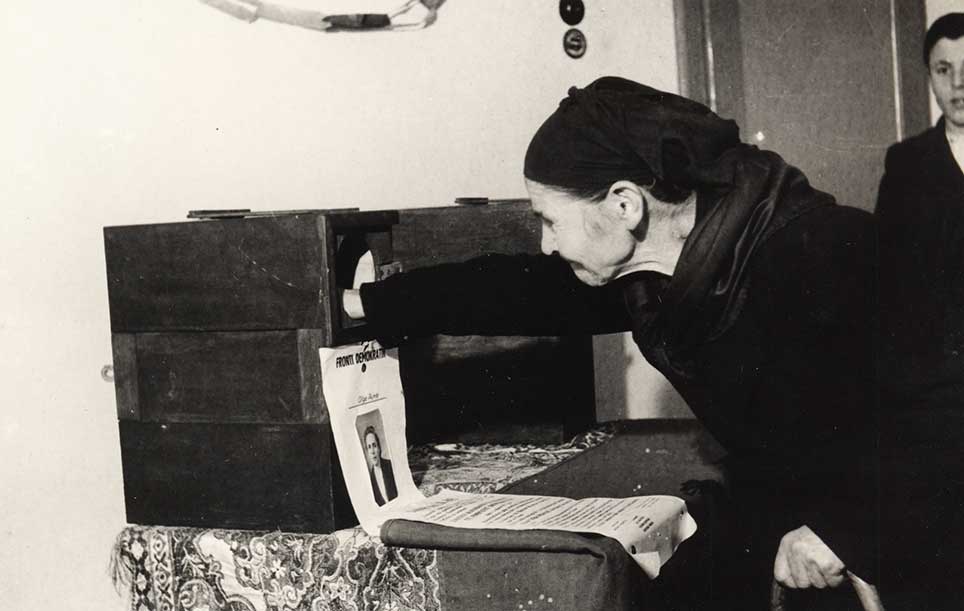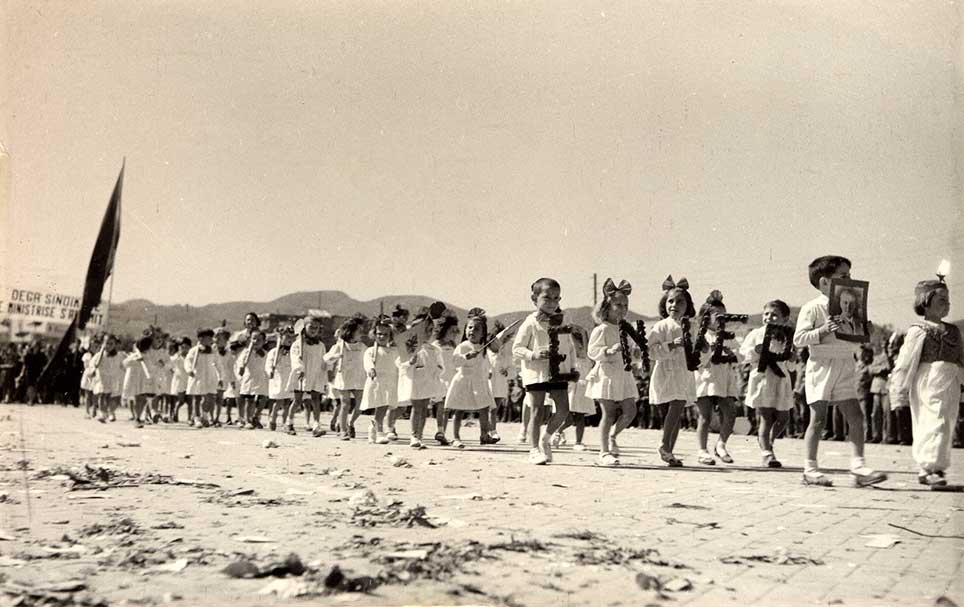Diplomacy during the War
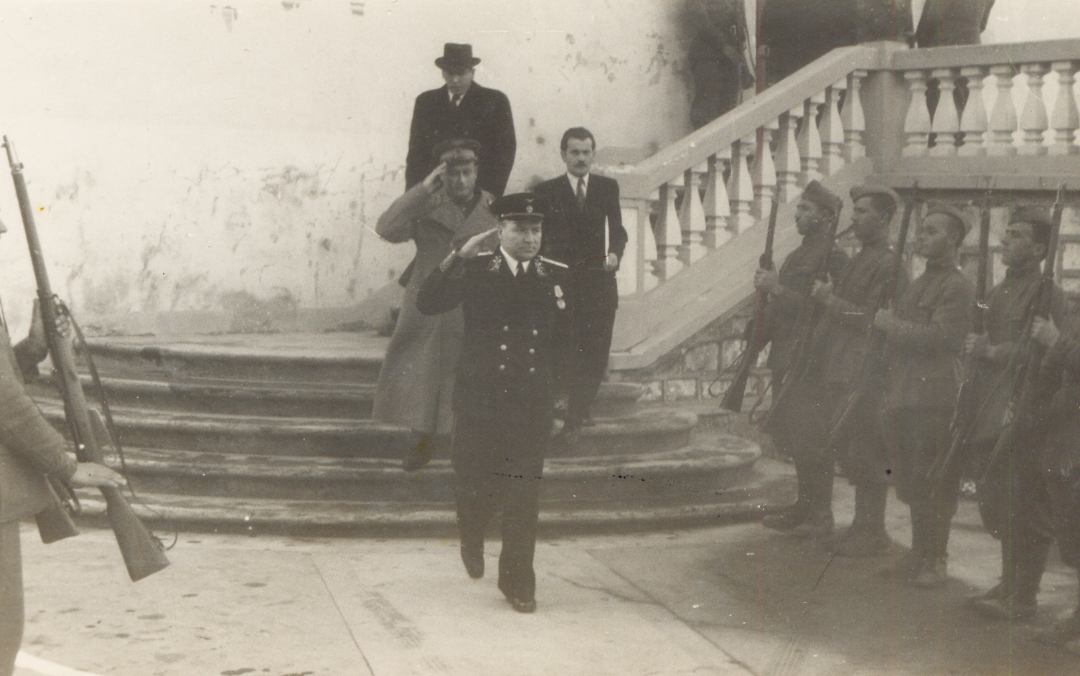
Unlike its Balkan neighbors, no Albanian government was recognized in exile. As a result, she was not invited to sign the United Nations Declaration on 1 January 1942, which was based on the principles of the Atlantic Charter. However, in December 1942, three foreign ministers of the US, Great Britain and the Soviet Union, respectively Cordell Hull, Anthony Eden and Vyacheslav Molotov, stated that they recognized Albanian resistance against foreign invaders and were committed to the restoration of Albanian independence after the end of World War II. CPY representatives were the mostly present in Albania during World War II. The envoys of CPY: Dušan Mugosha and Miladin Popovic stood beside the leaders of PKSH, since its creation. They played a very important role for the organization of the CPA, but also the resistance of the FNC.
On May 1, 1943, arrived in Albania the first British Military Mission followed by several others. In the fall of 1943, arrived General-Brigadier Edmund F. Davis, who was the chief of all British military missions in Albania. The Albanian Resistance received from the Allies United Nations
aid, namely financial, military and civilian materials, as well as training. During 1944 arrived also in Albania an American military mission, headed by Thomas Stephan. In August 1944 arrived the Soviet Military Mission, headed by Major K. P. Ivanov and the Yugoslav one led by Velimir Stojnic.
After the war, the communist government of Enver Hoxha faced the difficulties to gain the recognition. Tito's Yugoslavia was the first to established diplomatic relations in April 1945. In November 1945, the USSR, USA and Great Britain recognized the government of Enver Hoxha, but the USA and UK conditioned it with free and democratic elections










